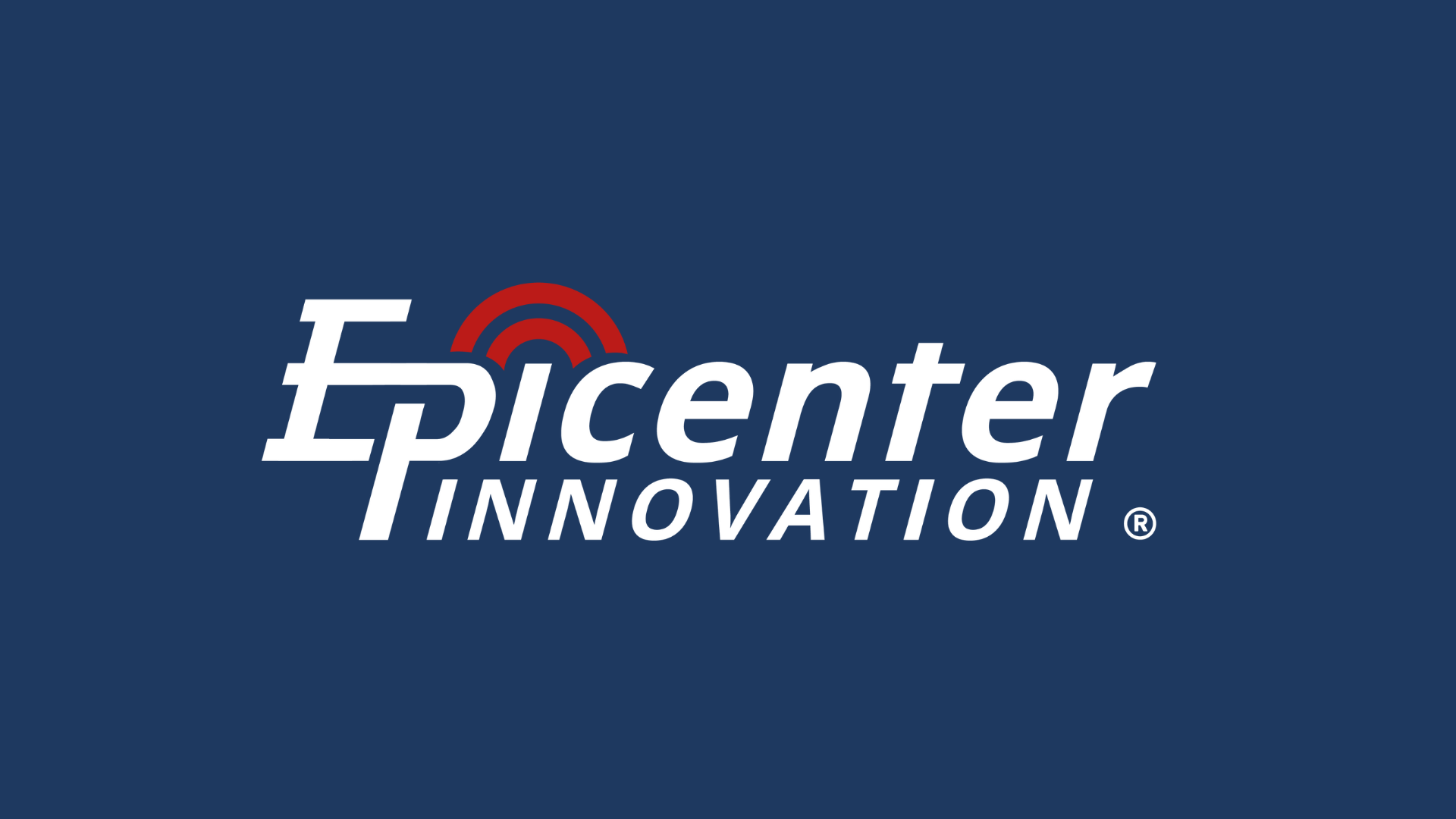Why Assessments Matter for Emergency Managers
(from a non-Emergency Manager)
I have always been interested in assessments. Whether it was the official MBTI test that I had to take when I started graduate school or it was the official Which Grey’s Anatomy character Are You? Quiz from Buzzfeed (I’m George O’Malley, by the way), I’ve always been on a quest to learn more about myself. When we ran our webinar, “Assessments: Why They Matter and What They Can Do?” last week, I began to reflect on how all of the results I’ve gotten in my life have shaped my own understanding of myself and, more importantly, how I relate to the people I work with, professionally and personally.
I’m one of those people who has made the results of certain assessments part of my personality. I’m a proud INFJ, and my top two Clifton Strengths are “Futuristic” and “Context,” which is a flex for me because I use both the past and future to make the best of the present. But something I’ve rarely been pushed to do has been taking my results and applying it beyond myself. Knowing who I am is fine and good but it doesn’t serve me when that knowledge is in a vacuum; I have to share those results with the people around me so that I and they can set me up for success. And I can honestly say that I’ve never been in a working environment that’s placed as much emphasis on sharing and lifting assessment results like Epicenter Innovation.
That’s part of what it means to be on the team at EI. Each quarter, we have a “Ways of Working” session with each other. It’s a time for us to recalibrate, listen to each other, then dig deeper than we have before. We go over the results of all of the assessments we take, how those results make us feel, and how we can utilize our strengths (and weaknesses) to build a stronger team. It may seem a little personal, and that’s because it is. A huge part of learning more about yourself is accepting every part of you, and that’s an emotional process. Then you have to accept everybody else, too, which gets even more emotional.
Emergency management can be a tough place to slow down and feel; after all, “emergency” is in the name of the industry. As someone who doesn’t have a background in EM, I really cherish these opportunities. Each quarter, I watch a co-worker come to terms with something they’ve been struggling with, and I see the rest of us extend empathy. I watch us slow down and take the first step of any successful endeavor: knowing who you are now and who you’re capable of becoming.
It doesn’t do much good in emergencies not to know how you’ll react to the unexpected. But it’s not easy to quickly recall your strengths and weaknesses–whether they be about leadership or communication or stress tolerance–in the middle of a crisis, either. And that’s what assessments can provide. They’re a shorthand for you to remember who you are and how you operate, and if taken with a team, they can be the foundation for a common language, one that’s often unspoken.
There are so many assessments you can take, from the cognitive to the conative to the behavioral. All of them will provide some kind of insight, whether it’s confirmation about a weakness or the discovery of a novel strength. But none of it will mean much if you don’t activate those results for yourself and the people around you. A team is only as strong as its weakest link, and one way to strengthen every link is to self-reflect and share. That’s what our webinar on assessments reminded me about: that part of being prepared means knowing yourself and knowing about the team around you. And whether it’s the MBTI that helps you do that or that Grey’s Anatomy quiz that helps you, you, your teams, and your work will be richer for it.

About Epicenter INNOVATION
Epicenter Innovation® is an award-winning professional services firm driven by human-centered, resilience-focused innovation. Our team is here to help you implement a proven framework for creating impact & unlocking the potential of your people.
We’re the connective tissue between organizations that produce technology and those in the field using it. By working on both sides of the public/private-sector divide, we serve as translators & change-makers at all phases of the disaster management lifecycle – driving human-centered, resilience-focused innovation before, during, and after major incidents.
How Can We Help Your Organization?
Book a Call With the Epicenter Innovation Team
Read More
Top 10 Tips to Increase Personal Resilience
Inrceasing your resilience shouldn't be hard, but where do you start? We've got some easy ways to get you going on your resilience journey.
Top 10 Tips for Making Your Team More Innovative
Innovation is vital to having your work make an impact, but it shouldn't be hard. These ten easy tips will help foster an innovation culture for your team to thrive.
Exploring Innovation in Resilience-Building Practices
We've known for a while that resilience and innovation go hand-in-hand. But how? Learn in this short article.


